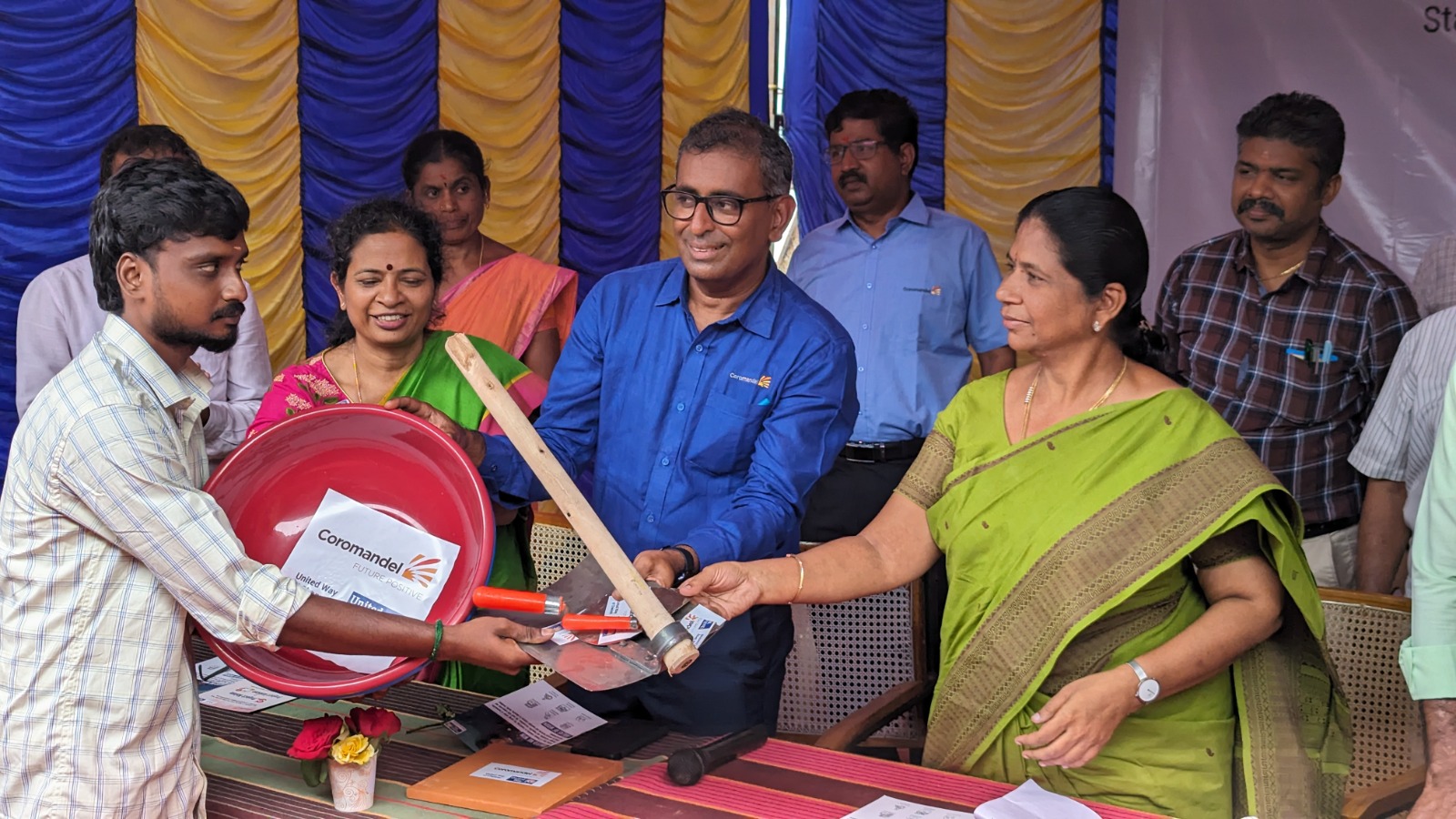Trending Now
- 830 voters names go missing in Kavundampalayam constituency
- If BJP comes to power we shall consider bringing back electoral bonds: Nirmala Sitaraman
- Monitoring at check posts between Kerala and TN intensified as bird flu gets virulent in Kerala
India News
Protecting You from Online Gaming and Big Data Abuse – Karnataka Has a Plan
![]() December 6, 2021
December 6, 2021
Karnataka’s IT minister, CN Ashwathnarayan, spoke recently about the controversial ban on paid gaming and a number of other issues facing the desi digital industry. In his view, authorities see the bigger picture and do not need to make legislative changes suggested by businesses.
Ads the Only Way Out for Tech Sector
The new anti-gambling laws in Karnataka have drawn much criticism by tech startups and players alike, and are currently challenged in court. The cause for concern, according to industry associations and player communities, is that the regulations are too far-reaching. But, whether or not the laws encroach beyond constitutional limits on business and personal rights (and definitions of skill gaming which is guaranteed legality by the Supreme Court), authorities in Bengaluru seem determined to implement them as they are currently worded.
For those hoping for a rollback, the minister had a word of advice – focus on advertisement for your revenues. Of course that leaves out (former) professional players and IT support companies that lost their clients due to inability to change a business model instantly, writing off sizeable current investments.
The ray of hope for some gaming operators is that playing Indian lottery online remains possible in Karnataka, along with horse-racing, as they are excluded from the banned list of games. While Bengaluru does not run a government-backed draw, lotteries remain India’s absolute biggest form of online gambling, both as a tradition and in terms of money regularly spent.
Too Late to Consider Licensing-based Regime?
While the legal climate in the gaming sector is not quite favorable in Karnataka, experts point to proven solutions and best practices from mature markets in Europe, the US and elsewhere. The Centre does have its impending challenges and, probably, hoping for a national-level regulation is too much to ask. Yet the benefits of a licensing system are hard to ignore, as they avoid ambiguity, protect consumers and help collect taxes for good causes.
Currently, state governments maintain a double standard – running their lotteries which remain the most popular form of gambling, while banning many games for money by private companies. Maintaining a monopoly on paid gaming is not an exception in world practice. However, setting common standards in a business sector helps growth and serves consumers much better.
What is more, some authorities still struggle with legal definitions of skill and chance gaming, burdening courts with the task of guiding them time and again through it. Adopting a licensing-based system will set the stage for transparent, law-abiding and tax-paying businesses. Crucially, it will raise the level of consumer protection and help fight addiction through Responsible Gaming tools, something which is missing quite too often in offshore sites.
Unregulated markets, the study shows, offer far less security due to missing standards, and are open to unfair competition. In this digital day and age, governments cannot afford to close an eye for tech developments, stifle local tech brands and indirectly favor foreign ones. Licensed online gaming for money delivers benefits for players, operators and the public sector.
Data Localization Indispensable, Minister Adds
Aided by the Centre’s requirements for data localization (keeping Big Data where it was mined), Karnataka also intends to complement its data protection policy. Companies will be allowed to buy anonymized big-data bases from the government but use if only within state limits for business decisions. While data protection and e-commerce are frequently at odds, Karnataka hopes to conciliate trade and user interests.
The minister also revealed that during his recent trip to the Dubai Expo he got some “superb” responses from foreign investors, both institutional and private. Karnataka has a global reputation of a fast-moving tech hub and it would do well to maintain that status with careful policy and best practice standards.





















